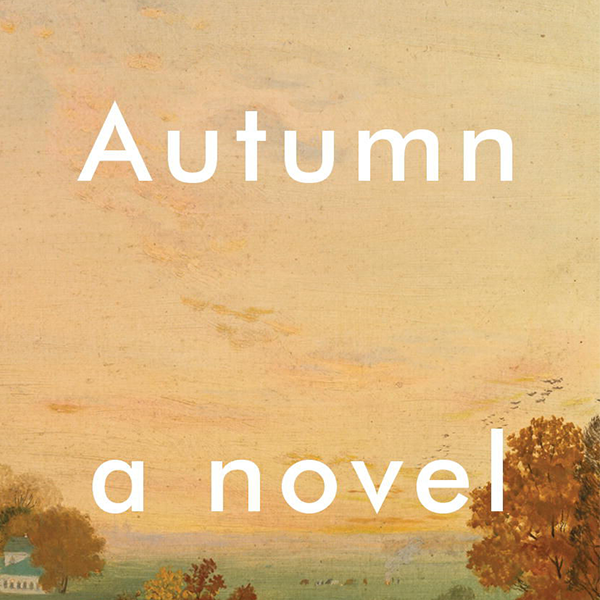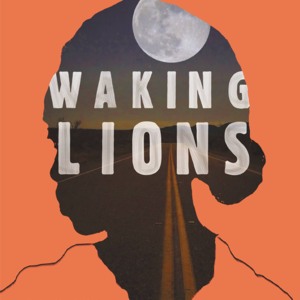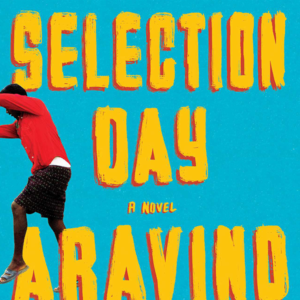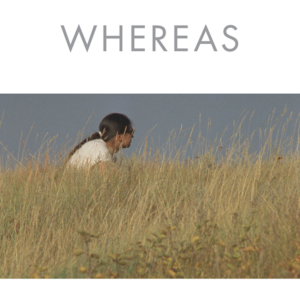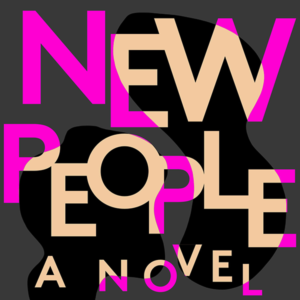Description
***MAN BOOKER PRIZE FINALIST***
***Long-listed for the Gordon Burn Prize***
Autumn. Season of mists and mellow fruitfulness. That’s what it felt like for Keats in 1819. How about Autumn 2016? Daniel is a century old. Elisabeth, born in 1984, has her eye on the future. The United Kingdom is in pieces, divided by a historic, once-in-a-generation summer. Love is won, love is lost. Hope is hand-in-hand with hopelessness. The seasons roll round, as ever.
Ali Smith’s new novel is a meditation on a world growing ever more bordered and exclusive, on what richness and worth are, on what harvest means. It is the first installment of her Seasonal quartet—four stand-alone books, separate yet interconnected and cyclical (as the seasons are)—and it casts an eye over our own time. Who are we? What are we made of? Shakespearean jeu d’esprit, Keatsian melancholy, the sheer bright energy of 1960s pop art: the centuries cast their eyes over our own history making.
Here’s where we’re living. Here’s time at its most contemporaneous and its most cyclic.
From the imagination of the peerless Ali Smith comes a shape-shifting series, wide-ranging in time-scale and light-footed through histories, a story about aging and time and love and stories themselves.
“Autumn shimmers with wit, melancholy, grief, joy, wisdom, small acts of love and, always, wonder at the seasons.”—The Boston Globe
“Smith’s novel plays an intimate melody against a broader dissonance, probing the friendship between an art historian and an aging songwriter as they grapple with personal predicaments and a perilous world.” —O, The Oprah Magazine
“Autumn is about a long platonic friendship between an elderly man and a much younger woman. His name is Daniel. He’s 101. . . . Her name is Elisabeth. She’s a 32-year-old fitfully employed art lecturer at an unnamed university in London. She comes to read to, and be with, him. . . . There’s a bit of a Harold and Maude thing going on here. . . . As Elisabeth and Daniel talk, and as Elisabeth processes the events of her life, a world opens. Autumn begins to be about 100 things in addition to friendship. It’s about poverty and bureaucracy and sex and morality and music. It includes a long and potent detour into the tragic life and powerful painting of the British Pop artist Pauline Boty (1938-66), whose work, Smith makes plain, should be better known. . . . This is the place to come out and say it: Ali Smith has a beautiful mind. I found this book to be unbearably moving in its playful, strange, soulful assessment of what it means to be alive at a somber time. . . . Smith is Scottish, and she’s written plays and journalism in addition to many novels and books of stories. I’ve not read all of them, though I will. I have no early quibble with the novelist Sebastian Barry’s comment that she may be ‘Scotland’s Nobel laureate-in-waiting.’ Autumn has a loose structure, almost like that of a prose poem. This form is perfect for Smith, because her mind will go where it wants to go. And where her mind goes, you want to follow. . . . I suspect that this shrewd and dreamy, serious-but-not-solemn novel will be an uncommonly good audiobook, for people who are into that sort of thing. Spring can really hang you up the most, but for now I am struck by, and stuck on, Autumn.”—Dwight Garner, The New York Times
